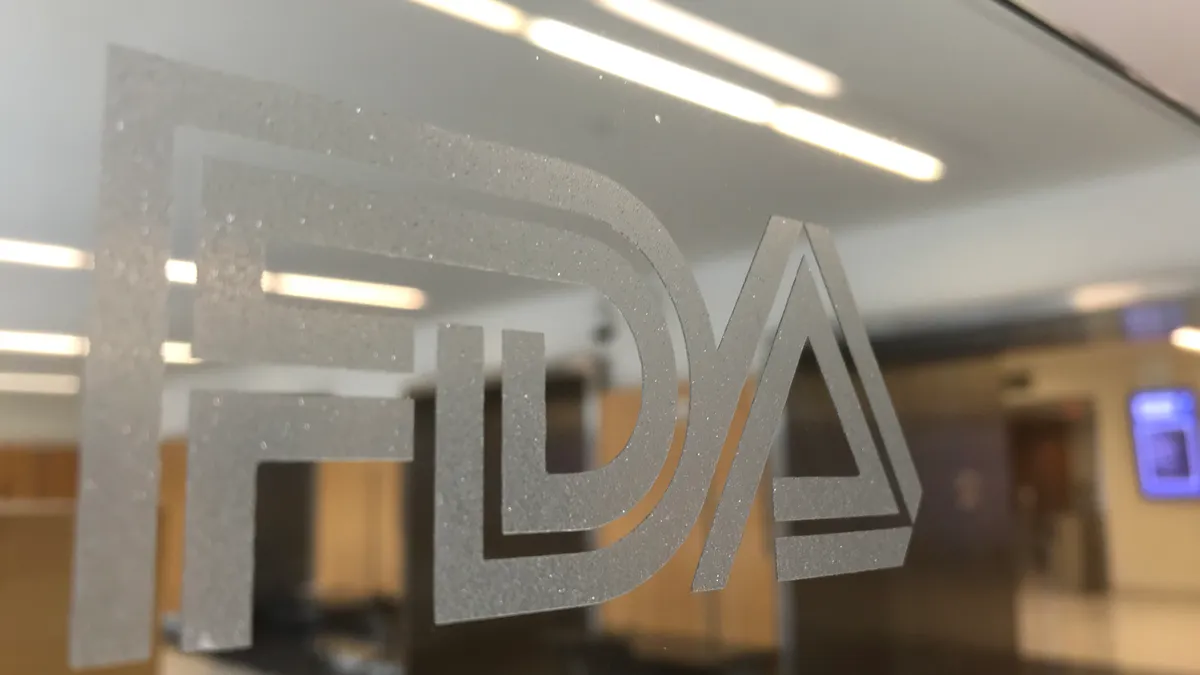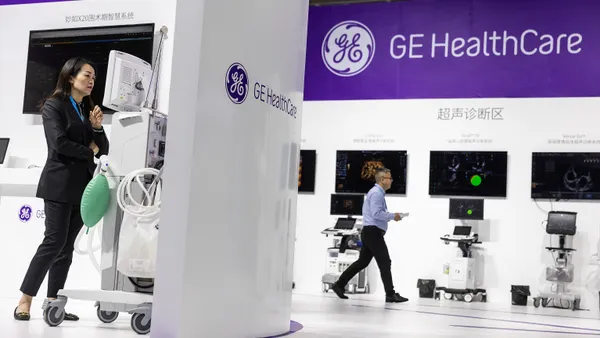Dive Brief:
- FDA in a proposed rule seeks to clarify minimum content criteria for applicants and review procedures for regulators when classifying devices through the De Novo premarket approval pathway, the agency said Tuesday.
- Commissioner Scott Gottlieb said the changes outlined in the 76-page document are intended to "make the De Novo pathway significantly more efficient and transparent by clarifying the requirements for submission and our processes for review."
- The proposal is the latest in a larger effort by the FDA to update medical device approval pathways. If finalized following the comment period, the rule will add a new section to the Medical Device Code of Procedures.
Dive Insight:
The update helps flesh out a picture of how the agency is reshaping the balance between its premarket approval pathways. By encouraging more manufacturers to use the De Novo pathway, the agency can establish more new predicate devices as it seeks to phase out 510(k) predicates older than 10 years, per announcements last week.
The proposed section would describe the form and manner for submission, rejection, or withdrawal of a De Novo request, as well as FDA's process for review of a De Novo request, according to the FDA document. Additionally, it would clarify the process for devices to obtain Class I or Class II marketing authorization, rather than automatically designating novel devices as Class III. The rule also says that a De Novo request can be submitted with or without having previously submitted a 510(k) application.
"The De Novo pathway provides a vehicle for establishing new predicates that can reflect modern standards for performance and safety and can serve as the basis for future clearances," Gottlieb said in a statement. "As a result, we expect to see more developers take advantage of the De Novo pathway for novel devices."
AdvaMed SVP of Technology and Regulatory Affairs Janet Trunzo said the trade group is still reviewing the proposed rule, but called it an "important step in codifying" the De Novo process, which ensures "timely access" for patients and physicians to low-risk devices, in a statement provided to MedTech Dive.
Cowen Washington Research Group said that greater predictability is largely good for industry, though the disadvantage for first filers remains.
De Novo applicants are bound to user fees which hold the agency to faster response times, but also create outsized burden on whichever company is first to establish a certain predicate. Competitors can easily follow up with the speedier 510(k) application once an initial predicate has been established.
Now two decades old, steady growth in use of De Novo has resulted in 18 marketing authorizations in 2015, to 16 in 2016, 31 in 2017 and 36 so far this year.
An uptick in De Novo approvals could in turn create higher volume of 510(k) applications as well, as new predicates would create easier approval paths for manufacturers with similar products. More action regarding 510(k) program modernization is expected in 2019, according to Gottlieb.











